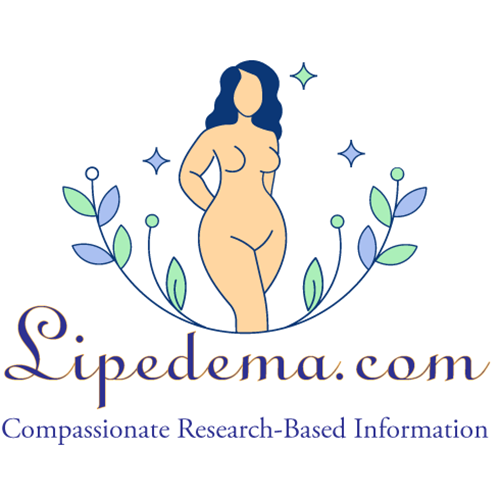What are 'adverse childhood events' (ACE) and why are they important?
Things we experience as children can affect our thinking and actions years later in ways that we may not realize. Researchers have identified certain childhood events that appear to increase the likelihood of chronic diseases (cancer, heart disease diabetes, liver disease, etc.), mental illness, and risky health behaviors (alcoholism, drug abuse, smoking, physical inactivity, severe obesity, etc.).
Negative effects of childhood events can be minimized or eliminated if you have a strong support system and learn skills for successfully coping with life’s challenges. This coping ability is called resilience.
Review the Childhood Events in the box below and see if you had similar experiences. If you did, consider how these events might influence how you think and act today.
Lessons learned from these experiences may have been true or helpful at some time in the past. However, your brain may continue to react as if they are true now—even after things have changed and you are no longer as helpless as you may have been in the past.
If you think childhood events may be influencing your behavior in ways that you would like to change you have several options:
Tell your medical care provider if you think childhood events may be a factor in your behaviors or health issues. They can help you access appropriate resources.
If you are working with a therapist on related issues, be sure to tell them about relevant childhood events.
Self-help guides can help you work through issues associated with childhood events your own, or with support from friends and family. For example:
The Adverse Childhood Experiences Recovery Workbook by Glenn R. Schirald, PhD (New Harbinger Publications, 2021).
Overcoming Anxiety and Panic interactive guide (Hands-on-Guide 2019, www.overcoming.guide) can help you understand your personal anxiety cycle—including the role of childhood events—and break this cycle.
Consult a licensed mental health professional to help you explore these events and change your thinking and actions.
Childhood Events
Were your parents ever separated or divorced? Did a parent die, leave, or have a serious illness? Have you lived with a stepparent or foster parent?
Did you ever run away from home for more than one day?
Have you ever tried to harm or kill yourself?
Did a parent or other adult in your household:
- Frequently swear at you, insult you, or put you down?
- Act in a way that made you afraid that you would be physically hurt?
- Push, grab, shove, or slap you? Hit you so hard that you had marks or were injured?
When you were a child, did an adult or person 5 or more years older than you ever:
- Touch or fondle you in a sexual way, or have you touch them in a sexual way?
- Attempt or have oral, anal, or vaginal intercourse with you?
Did you live with anyone who:
- Was a problem drinker, an alcoholic, or a drug abuser?
- Was mentally ill, depressed, or attempted suicide?
- Committed a serious crime or went to prison?
Were any of your parents:
- Yelled at or verbally abused at home?
- Involved in a physical fight, attacked, threatened, or beaten?
Portions adapted from Overcoming Anxiety and Panic interactive guide by Elizabeth McMahon, PhD (Hands-on-Guide, 2019), by permission of the publisher.
Resources
Mindful Strategies for Adult Clients with Adverse Childhood Experiences: a resource for mind/body professionals by Kathleen Lisson, CMT, CLT (Solace Massage & Mindfulness, 2022).
Author: Chuck Ehrlich
Reviewers: Kathleen Lisson, CMT, CLT
Review dates: 2022-12-19
